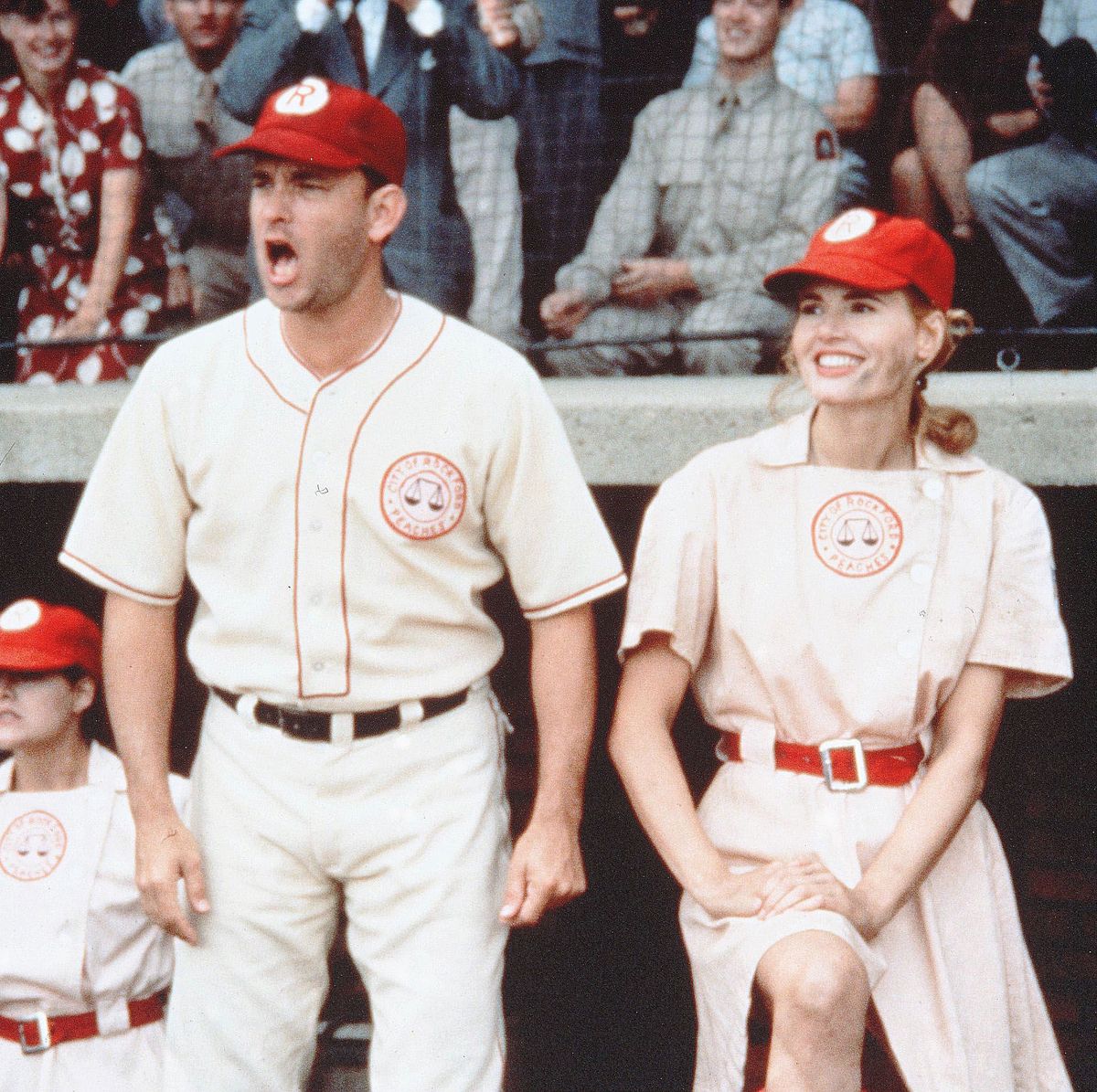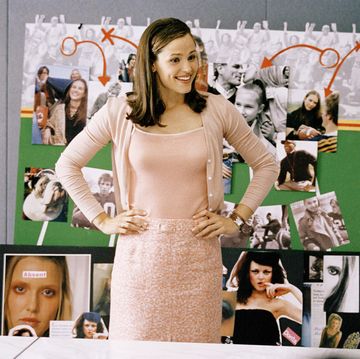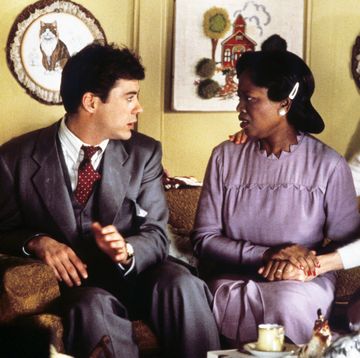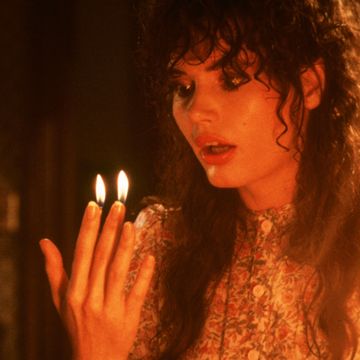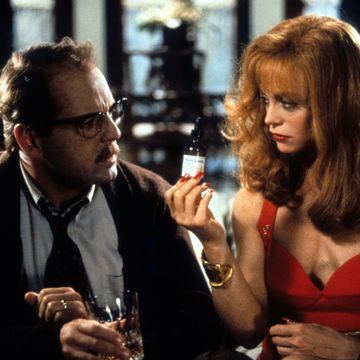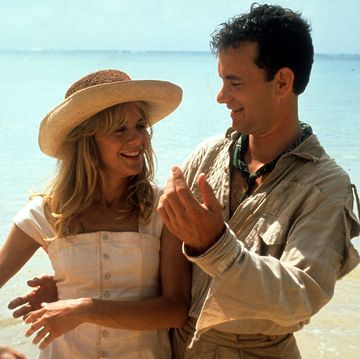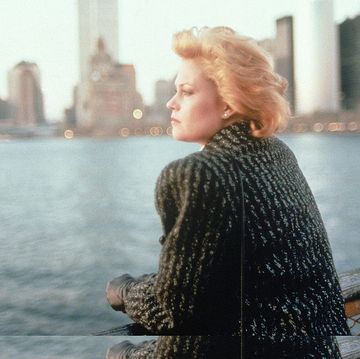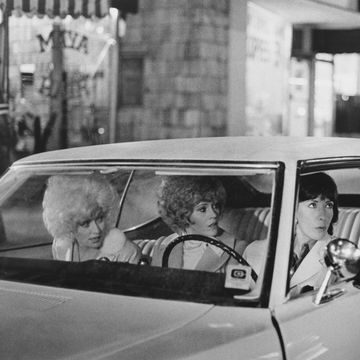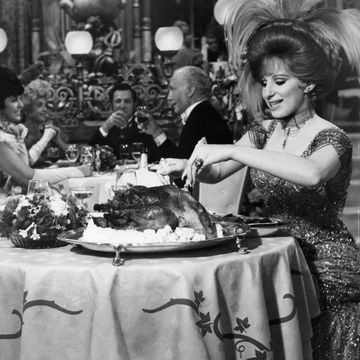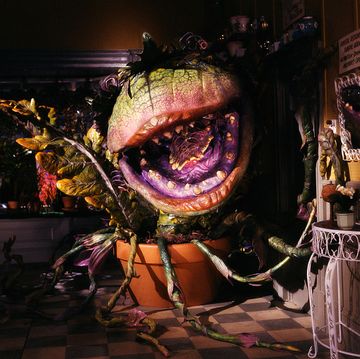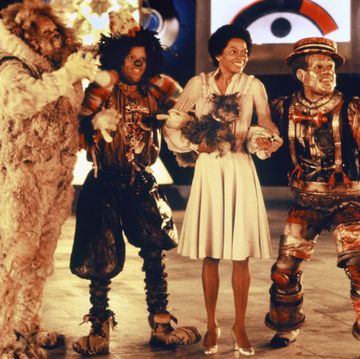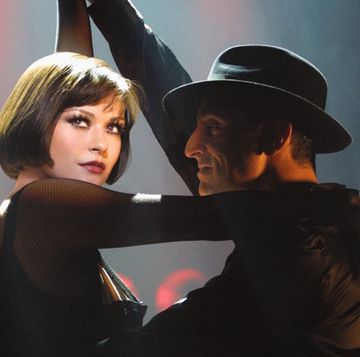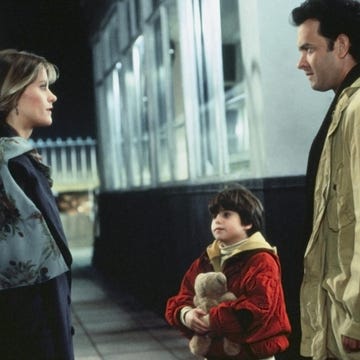"Are you crying?" Jimmy Dugan (Tom Hanks), a washed up former pro baseball player and begrudging coach, calls from the dugout. Evelyn Gardner (Bitty Schram), a sobbing right fielder, shakes her head and answers, "No." Jimmy isn't convinced: "Are you crying? Are you crying?" Tears streaming down her face, Evelyn insists she's not. "There's no crying," Jimmy yells, returning to the field. "There's no crying in baseball!" Doris, a third base player portrayed by Rosie O'Donnell, tells him to lay off, but Jimmy shuts her down with a "zip it!" like she's a contentious panelist on a mid-2000s episode of The View. "There's no crying in baseball!" he screams over and over again. Evelyn continues to openly weep. Eventually, for semi-unrelated reasons, Jimmy gets kicked out of the game. In the balance, it's a win for crying. Let's hear it for crying!
These days, I can't stop thinking about A League of Their Own, Penny Marshall's 1992 classic about the women's baseball league that formed when World War II threatened to disrupt Major League Baseball. I thought of it initially after reading reports about the MLB's attempts to salvage the 2020 season despite the dangers of the coronavirus pandemic. Now rooted in my mind, the film registered again as a home front movie: a film that takes place in the uncertain, active pause of foreign wartime. Though it's obviously not a one-to-one comparison, the helplessness, the anxiety, the resolve, and the strange new normalcy of quarantine find some corollaries in the plight of Americans adjusting to a new reality while waiting to return to the old. I re-watched the film with this question in mind: "What do you do while you wait for victory?"
I went in thinking of it as a clearly-defined thing: the end of the war. But for the members of the All-American league, some victories come sooner, and are a bit more complex. To wit, for Evelyn, Kit (Lori Petty), and many other teammates, the opportunity to play ball at a professional level itself is a victory. One which, incidentally, the end of the war threatens to erase. A return to normalcy is preferable, in general, but the film makes clear that there is beautiful opportunity in disruption. So when Jimmy yells at Evelyn about showing her emotions, he's staking a claim for an aspect of the real world that doesn't necessarily need to come back. Who says you can't you cry in baseball?!
More From ELLE

Another, less heady reason I can't stop thinking about A League of Their Own is that it's the rare movie that makes you feel good from beginning to end (except for the telegram scene). That, in and of itself, is a victory at any moment, but particularly now. Like the rom-coms we revisited in last month's Remote Rewinds, A League of Their Own is a deeply cathartic re-watch. There is plenty of happy-crying in baseball. So, if you're keeping score at home, it's now Dugan: 0; crying: 2.
Even though the altercation between Jimmy and Evelyn isn't integral to the plot, Dugan's line quickly inserted itself into the pop culture canon. So indelible is it, in fact, that on March 12, 2020, when Tom Hanks and Rita Wilson announced they had both tested positive for COVID-19, they closed their post with the quote.
Like most good movie quotes, as its popularity has grown, "there's no crying in baseball," has been separated from its original context. Whereas Jimmy meant it as a reprimand, now it can mean anything you want it to, including "chin up; better days are ahead." This is, frankly, not the view that Hanks' character holds for much of the film. Jimmy Dugan is burnt out, his salad days long gone and his body broken. He sees his gig coaching the Rockford Peaches as another indignity in a long downward spiral. Hope in A League of Their Own rests on the women ballplayers, particularly sisters Kit and Dottie (Geena Davis), who hope in harmony but for different ends. For Kit, the opportunity to play ball offers access to a more extensive experience of life, less restricted by gender constructs and not overshadowed by her sister. Dottie, though a better ball player than Kit, pines not for the field but for some semblance of her old life and the return of her soldier husband Bob (Bill Pullman).
This time around, I found myself compelled by Dottie's overriding desire to get back to what was put on pause by the war. For Dottie, though disruption makes all kinds of wonderful things possible, the goal is always the stability of the life she'd planned. Watching it now, holed up in my house, finding new ways of reaching friends and creating work, I deeply identify with her decision (short-lived though it was) to high-tail it back to Oregon the minute Bob showed up.
If given the choice, how much of this new norm would we hold on to? Recently, I've had a lot of conversations with friends who've brought up the fact that humans are resilient and adaptable. We are already adjusting to this new socially distant life and, even when we do reconvene, much of how we operate will be permanently changed. I think there's a lot of good that can come of this, but I'm not all the way there yet. As far as the return of the pre-disruption life, I'm definitely a Dottie. If Bill Pullman showed up bearing the promise of safely idling in a coffee shop or seeing a movie in public, I'd drop everything. I mean, if Bill Pullman showed up in general, I'd drop everything, to be honest.
But the old reality (in or out of the form of Bill Pullman) is a long way off, if it ever comes. So, what do we do while we wait for victory? Some days we're Kit, enthusiastically seizing the opportunity for something new. Some days we're Dottie, adjusting but keeping an eye on the doorway. And some days we're Evelyn: throwing the ball at the wrong base, struggling to keep ourselves under control, and crying about it. Which, let the record reflect, is totally allowed. If you're playing baseball and you're crying, then yes, there is crying in baseball.

R. Eric Thomas is a columnist for ELLE.com, where he skewers politics, pop culture, celebrity shade, and schadenfreude. He is also the author of Here for It: Or, How to Save Your Soul in America, a memoir-in-essays.
